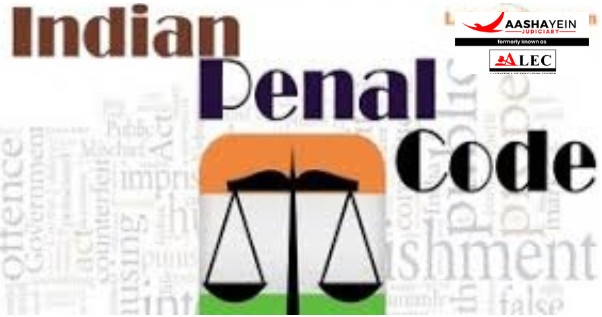Introduction:
This case involves an appeal before the Supreme Court regarding the conviction of Sonu Chaudhary under Sections 324 (voluntarily causing hurt) and 452 (house-trespass after preparation for hurt) of the Indian Penal Code (IPC). The Supreme Court evaluated the findings of the lower courts and decided to uphold the conviction under Section 324 while setting aside the conviction under Section 452.
Facts:
The incident occurred at Baithak Restaurant in Delhi, where Rajat Dhyani (PW-1) was the complainant and the owner of the establishment. Sonu Chaudhary (the accused) visited the restaurant and requested a jug of water with the intention of consuming alcohol. When the request was denied, the situation escalated. The accused inflicted injuries on Rajat Dhyani using a blade, causing injuries to his thigh, shoulder, and back. When Rajat called his friend Imran Khan (PW-3) for help, the accused attacked Imran as well, causing injuries to his stomach. The accused was apprehended on the spot, and a medical examination confirmed Rajat's injuries. During trial, Rajat supported the prosecution’s case, while Imran turned hostile and did not corroborate the events as described by Rajat. The accused was initially charged under Section 324 (voluntarily causing hurt) and Section 452 (house-trespass after preparation for hurt) of the IPC. The trial court convicted the accused under both sections, and the High Court confirmed the conviction. The accused appealed to the Supreme Court.
Issues:
- Whether the conviction under Section 452 (house-trespass after preparation for hurt) is sustainable, considering the facts of the case?
- Whether the conviction under Section 324 (voluntarily causing hurt) is justified based on the evidence presented?
You can also read the Blog by visiting [Blog]
For more information, visit [Aashayein Enquiry Section]
Contentions of the Petitioner:
The petitioner contended that the conviction under Section 452 (house-trespass) was not legally justified, as the restaurant was not a dwelling house, place of worship, or a place for custody of property, and therefore did not meet the essential criteria for house-trespass.
The petitioner argued that the trial court’s conviction was incorrectly sustained by the High Court, as the ingredients of criminal trespass under Section 441 and house trespass under Section 442 were not properly established by the prosecution.
Contentions of the Respondent:
The respondent contended that the accused voluntarily inflicted injuries on both Rajat Dhyani and Imran Khan, and the conviction under Section 324 (voluntarily causing hurt) was correctly affirmed by the trial court and the High Court.
The respondent maintained that the facts and evidence presented during the trial supported the conviction, and there was no basis to challenge the conviction under Section 324.
Court’s Analysis:
The Court affirmed the conviction under Section 324(Voluntarily Causing Hurt), holding that the prosecution had successfully proved beyond a reasonable doubt that the accused inflicted injuries on the complainant Rajat Dhyani and his friend Imran Khan. The injuries caused were confirmed to be simple in nature.
The Court critically examined the elements required to establish house-trespass, as defined under Sections 441 and 442. It was pointed out that the restaurant could not be considered a dwelling house or any of the other protected places under the law. The prosecution failed to establish the basic requirements of criminal trespass, and as a result, the conviction under Section 452(House-Trespass After Preparation for Hurt) was found to be legally unsustainable.
Conclusion:
Upheld the conviction under Section 324 (voluntarily causing hurt), sentencing the accused to two years of simple imprisonment, a fine of Rs. 1,00,000, and an additional six months imprisonment in default of fine payment.
Set aside the conviction under Section 452 (house-trespass after preparation for hurt), finding that the restaurant did not qualify under the provisions for house-trespass.
Ordered that the accused, having already served two years in prison, should be immediately released if not required in any other case, and directed to pay the fine if it had not already been paid.
Issued a direction for the trial court to verify the status of sentence completion, fine payment, and take appropriate action for any pending aspects of the sentence

